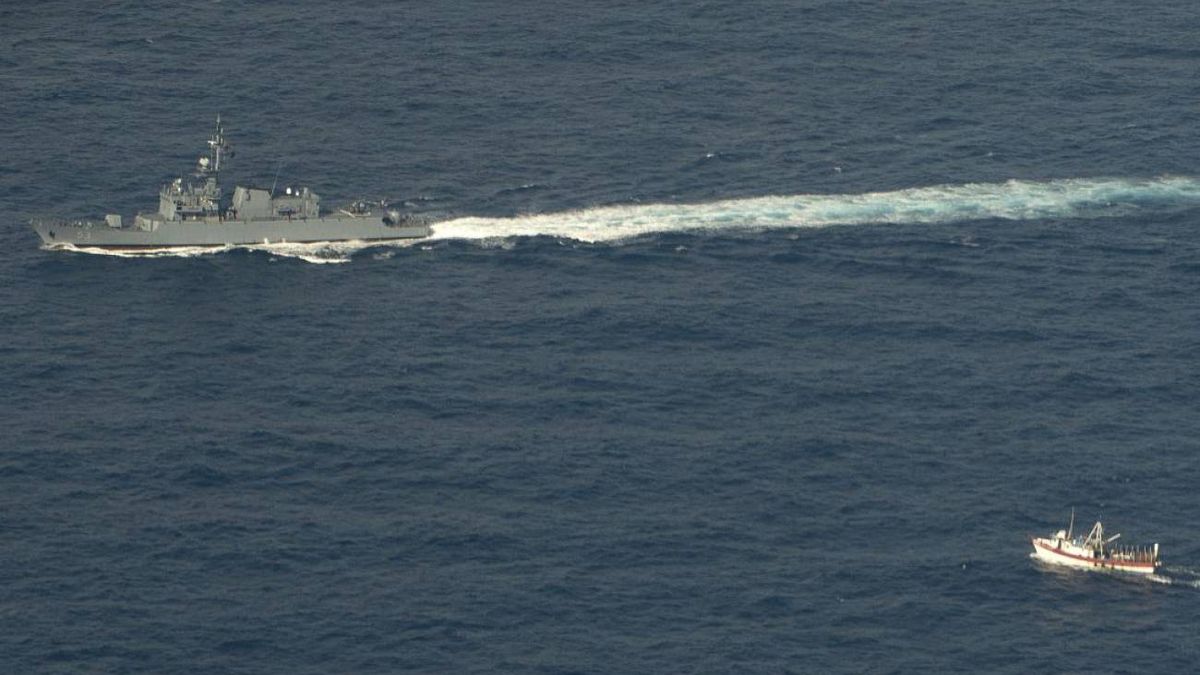This controversy between the two countries has its origin in a sentence of the ICJ itself in 2012, which recognized Colombian sovereignty in the archipelago of San Andrés, Providencia and Santa Catalina, in the Caribbean, but recognized the jurisdiction of Nicaragua in the surrounding waters. .
In 2013, Nicaragua filed a complaint with the court alleging that Colombia interfered with fishing and scientific activities in waters that were under its jurisdiction, and since then the process dragged on in The Hague.
Colombia argued that this was due to compliance with its commitments in the fight against drug trafficking and in the environmental protection of waters.
In addition, the Colombian delegation filed counterclaims against Nicaragua, including one for violating the rights of communities that inhabit those islands and that have practiced artisanal and subsistence fishing for centuries in the region.
That claim, however, was not admitted by the court.
The ICJ also dismissed a claim by Nicaragua over Colombia’s alleged issuance of oil exploration permits.
However, it pointed out in its preamble that Colombia “has violated its international obligations” by authorizing fishing activities in waters under the jurisdiction of Nicaragua.
Source: Ambito
David William is a talented author who has made a name for himself in the world of writing. He is a professional author who writes on a wide range of topics, from general interest to opinion news. David is currently working as a writer at 24 hours worlds where he brings his unique perspective and in-depth research to his articles, making them both informative and engaging.




